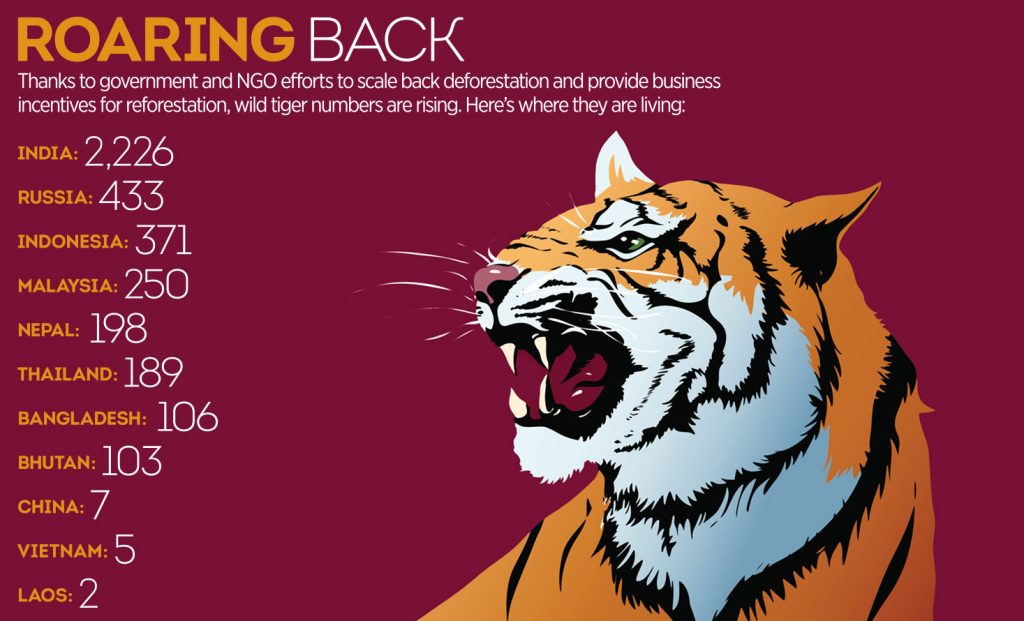Europe shows coalitions can work
Recent European history teems with examples of durable coalition governments that tackled crises head on, giving Britain’s new Conservative Prime Minister David Cameron reason to hope he can prove sceptics wrong
Recent European history teems with examples of durable coalition governments that tackled crises head on, giving Britain's new Conservative Prime Minister David Cameron reason to hope he can prove sceptics wrong
Italy, with a track record for short-lived administrations, is often held up as an example of the instability that can accompany coalitions bridging political divides but Finland, Germany, Ireland and the Netherlands all show it can be done.
The prospect of a coalition has unsettled markets in a country accustomed to one-party rule and emerging from its worst recession since World War Two, but analysts say such governments have successfully tackled economic crises elsewhere in Europe.
“Italy’s a special case,” said Eoin O’Malley, politics lecturer at Dublin City University (DCU). “Italy is very much a southern European country and I think Britain is more likely to behave like a northern European country and make it work.”
The current Irish government – unpopular at home but often cited abroad as an example of how governments can act decisively to tackle debt problems – was formed as a coalition between Prime Minister Brian Cowen’s centrist Fianna Fail, Greens, the now defunct pro-business Progressive Democrats and Independents.
O’Malley also pointed to the Irish government formed in 1994 by John Bruton as an example of a functional coalition that was more complicated than anything proposed in Britain, including as it did politicians from three parties that spanned both the left and the right of the political spectrum.
“They had a reasonably radical reform agenda where the economy was reformed, social welfare was reformed,” O’Malley said of an administration widely credited with having helped lay the foundations for Ireland’s “Celtic Tiger” economic boom.
Reform, stability
Analysts say linguistically divided Belgium is an example of a country where coalitions are often short-lived but point to its neighbour, the Netherlands, to show they can work well.
Dutch governments since 1946 have invariably been coalitions of two to five parties with many lasting three to four years and prime ministers often winning a second successive term.
The last administration collapsed in February after falling out over military involvement in Afghanistan and a bumpy eight years in office for Prime Minister Jan Peter Balkenende.
But prior to that Wim Kok served as prime minister for eight years, running stable coalitions of social democrats, liberals and conservatives. Kok’s predecessor Ruud Lubbers lasted 12 years and for five of those years ran a left-right coalition.
Paavo Tapio Lipponen, prime minister of Finland from 1993 to 2005, also pulled together broad-based coalitions which produced the two longest-lasting cabinets in Finland’s 93-year post-independence history.
“We were in recession and the prime minister wanted as many parties as possible to share the responsibility,” said Juha Akkanen, editorial writer at Finland’s largest paper Helsingin Sanomat, adding that coalitions could be sources of stability.
“People complain it doesn’t matter who you vote for because almost all parties are in government but it’s also an advantage because politics is reliable, there won’t be many surprises.”
Hugo Brady, Senior Research Fellow at the Centre for European Reform, said coalitions could be short-lived because they were often formed to get a country through periods of instability but pointed out that was not always the case.
“With the right leader they can be very stable creations once they get over an 18-month to two-year period in which all their frailties are exposed,” Brady said. “Power becomes addictive, the partners become hooked on it, and they stay on.”
Peculiarly British
DCU’s O’Malley also said the success of coalitions depended a lot on the relationship between the party leaders involved.
“Where the leaders get on, coalitions can work very well and can last longer than your average marriage,” said O’Malley, adding that another glue binding such governments together could be unpopularity and the fear of triggering an election.
“When a coalition government gets into power, partners do tend to circle their wagons and protect each other. Often it works when the opportunities to leave are so limited that they’re better off working together.”
In Germany, Chancellor Angela Merkel pulled off arguably the most difficult task between 2005 and 2009, holding together a grand coalition of the country’s two main parties from opposite sides of the political divide.
For Britain, the great unknown is the peculiarity of its famously confrontational political system which may not be best suited to a coalition style of government.
“The British always jump up and down about the evils of horse-trading but isn’t it part and parcel of our daily lives and of politics in particular?” said Brady. “I’ve always been confused by the British dislike of horse-trading.”













